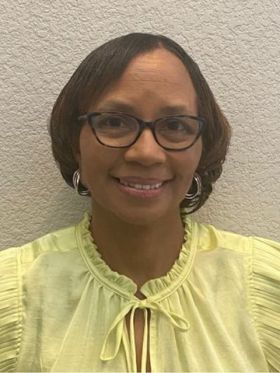Diagnostic and Non-diagnostic
At ALS we offer two types of assessments:
- Diagnostic educational (or academic) evaluations, administered by a Licensed Educational Diagnostician (optional)
- Screener assessments, administered by a certified reading specialist (all new students begin here if a diagnosis is not desired or needed)
- Autism Screening is also available, at the parents' request. Autism Spectrum Disorder is characterized by a broad range of difficulties including social interactions with others, repetitive behaviors, difficulties with speech, and non-verbal communication. Autism is different for every person. A screening is provided to help identify if an individual may have characteristics of ASD.
What is a diagnostic educational evaluation? How does it work?
Educational evaluation services are provided for children and young adults when Dyslexia or a related disorder is suspected. Related disorders may include Dysgraphia, Reading Fluency or Written Expression. Information is gathered by the evaluator, including parent observations of the child, background information and a historical pattern of academic performance. The student completes a variety of academic tasks, similar to tasks experienced in the school setting. Several assessment tools are used by the evaluator to assess and interpret relative strengths and needs of the child, within a comprehensive evaluation. The evaluation is completed by an educational diagnostician and certified dyslexia practitioner in a 1:1 setting.
Dyslexia is a Specific Learning Disability (SLD) in Basic Reading and/or Reading Fluency
Students with Dyslexia may have:
- difficulty with accurate and/or fluent word recognition
- difficulty with letter naming and letter sounds
- poor spelling and decoding abilities
- a deficit in the phonological component of language often unexpected in relation to other cognitive abilities
- secondary consequences may include problems in reading comprehension and reduced reading experience
- impeded growth in vocabulary and background knowledge
- skills in mathematics, are typically average
- a good understanding of stories read aloud
- may have a family history of similar difficulties
The purpose of assessing academic performance levels is to determine if there is an educational need resulting from a disability, as well as to determine the presence or absence of a significant educational deficit requiring services.
After the assessment, the evaluation report is provided to the parent within 10 business days. Parents receive a follow up meeting to discuss results and determine how to nurture their child's strengths. Detailed recommendations are provided, which may include accommodations, learning strategies, interventions, technology, and services to address the child's needs at home and school.
Why do we begin with an assessment before we start working with a student?
We believe educational assessments play a crucial role in guiding and enhancing teacher instruction. They provide valuable insights into a students learning progress, strengths, and areas of improvement. By conducting assessments, we gain a comprehensive understanding of each student's knowledge, processing skills, and academic abilities. This information allows us to tailor instruction to meet the individual needs of our students, ensuring that learning experiences are both effective and engaging.
Assessments help us to identify gaps in understanding, which shows us how to adjust our teaching strategies, materials, and pacing to provide targeted support.
Moreover, assessments enable us to track students growth over time, identifying trends and patterns that inform instructional decisions. Every 4-6 weeks we do a mini progress check-in so we can monitior the effectiveness of our teaching methods and make necessary adjustments to optimize student success.
Ultimately, educational assessments (both diagnostic and nondiagnostic) serve as a critical tool for us to assess, guide, and improve our instructional practices, fostering a more effective and student-centered learning environment.
Licensed Educational Diagnostician
Certified Academic Language Practitioner (CALP)
Licensed Dyslexia Practitioner (LDP)
